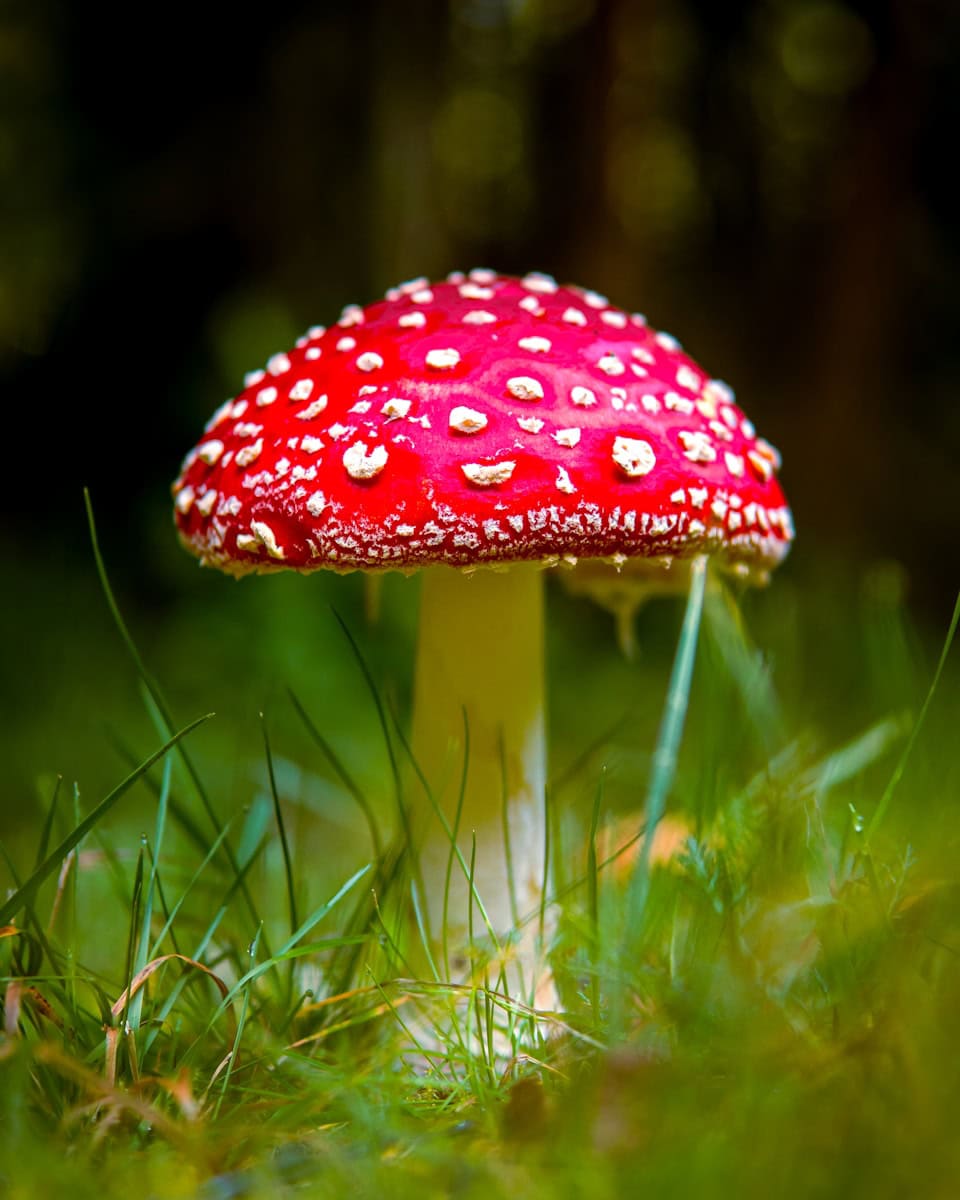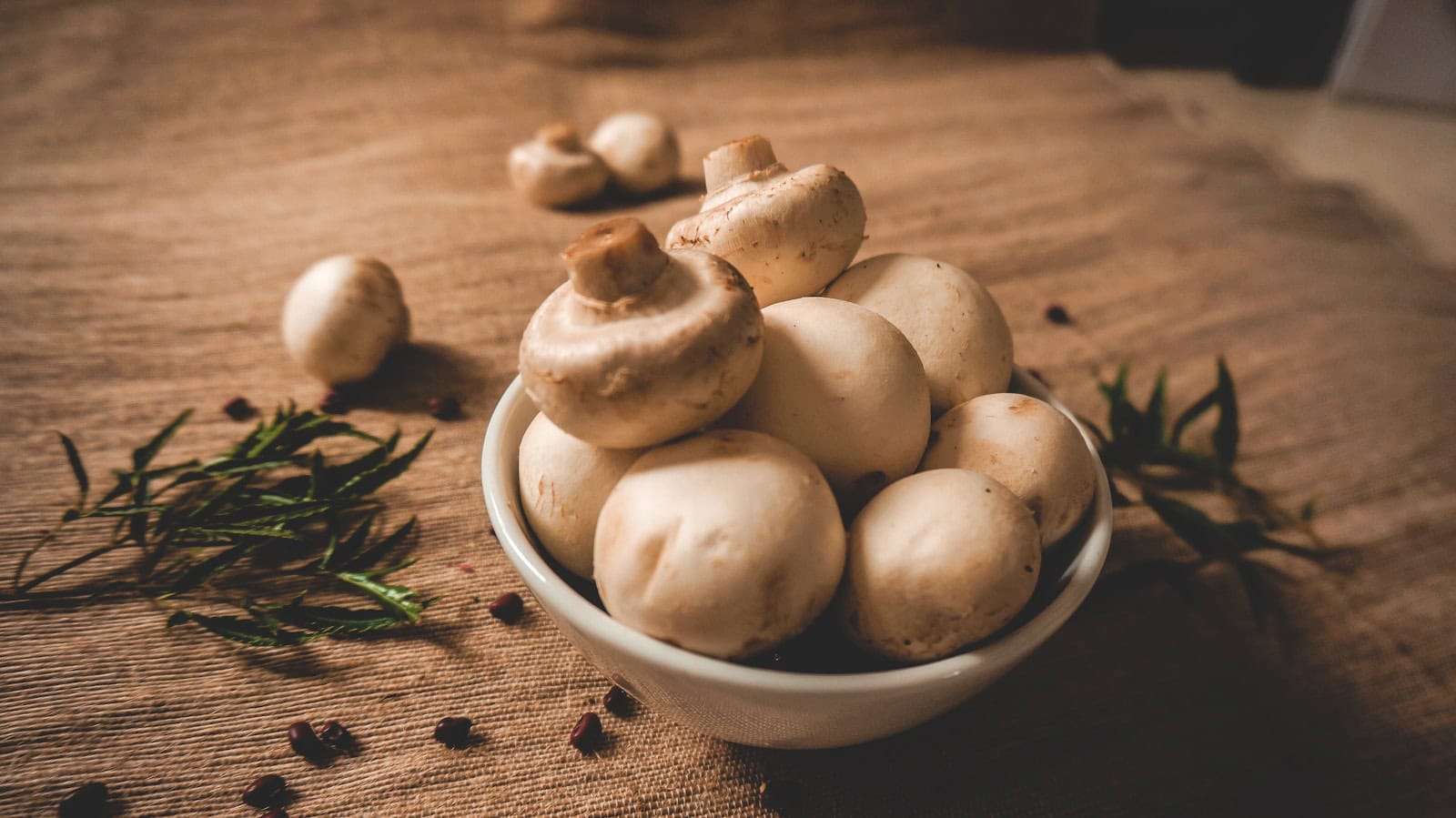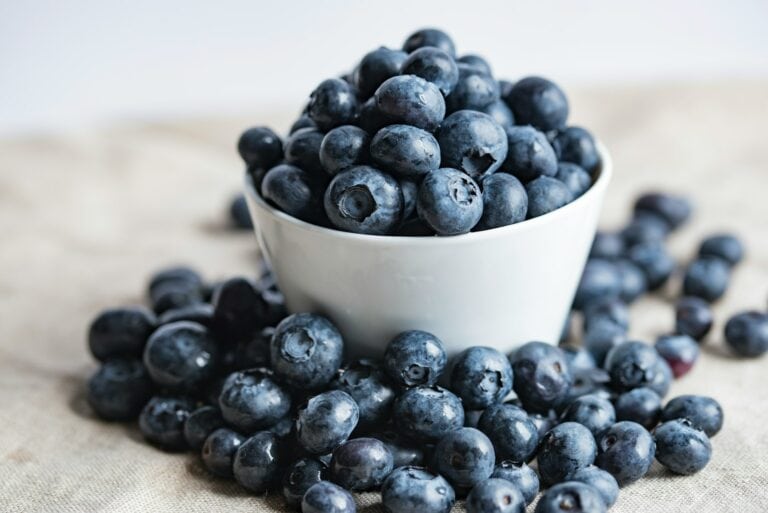Chickens are opportunistic feeders that often peck at anything they consider edible. This includes a wide variety of fruits, vegetables, and grains.
Mushrooms, a common food item for humans, have raised questions among poultry enthusiasts on whether they are suitable for chicken consumption. It is generally safe for chickens to consume store-bought mushrooms, as these are deemed fit for human consumption. These mushrooms can provide an array of nutrients beneficial to chickens, including vitamins, minerals, and proteins.
However, not all mushrooms are created equal. Wild mushrooms can pose serious health risks, as some species are toxic and can cause harm or even death if ingested by chickens.
It is crucial for chicken owners to know what types of mushrooms are safe and to exercise caution when allowing their flock to forage in areas where wild mushrooms may grow. Proper identification and ensuring that chickens only have access to non-toxic varieties are important steps in safeguarding the health of the flock.
Key Takeaways
- Chickens can safely eat store-bought mushrooms that are also safe for humans.
- Mushrooms provide beneficial nutrients that can be included in a chicken’s diet.
- Identification and avoidance of toxic wild mushrooms are essential for chicken safety.
Nutritional Benefits of Mushrooms for Chickens
Mushrooms can offer chickens a range of health benefits due to their nutritional composition. They serve as a supplement that enhances a chicken’s diet with essential nutrients.
Vitamin and Mineral Content
Mushrooms are a valuable source of vitamins and minerals. For example, they provide B vitamins such as riboflavin, niacin, and pantothenic acid, which are crucial for a chicken’s energy metabolism and nervous system function. Additionally, mushrooms provide minerals like selenium, an antioxidant important for immune function, and potassium, which is vital for nerve function and muscle health.
- B Vitamins: Contribute to energy metabolism
- Selenium: Supports immune function
- Potassium: Essential for muscle and nerve function

Protein Source
Chickens require a consistent protein intake for tissue repair and maintenance, and mushrooms offer a plant-based protein option. While they should not be the primary protein source, mushrooms can be an additional supplier to complement other feeds.
Examples of mushroom protein levels:
- Common white button mushrooms: Approximately 3g of protein per 100g
Digestive Health
Mushrooms also contain dietary fibers that can aid in a chicken’s digestive health. These fibers help maintain bowel health and support healthy digestion, although they should be fed in moderation to prevent digestive issues.
- Soluble Fibers: Assist in digestion and absorption of nutrients
- Insoluble Fibers: Help bowel health and regularity
Potential Risks and Precautions
Chickens can eat certain types of mushrooms, but it’s essential to be aware of the potential risks and appropriate precautions. Toxic varieties pose a significant threat, and care must be taken with preparation and serving size. Monitoring the flock after introducing mushrooms to their diet is crucial to ensure their safety.
Toxic Varieties to Avoid
Chickens should never consume wild mushrooms due to the difficulty in distinguishing between safe and toxic varieties. Several types of mushrooms that are poisonous to chickens include but are not limited to:
- Amanita phalloides (Death Cap)
- Amanita virosa (Destroying Angel)
- Galerina marginata (Autumn Skullcap)
Only mushrooms deemed safe for human consumption should be offered to chickens, and any mushrooms with uncertainty regarding their safety should be completely avoided.
Preparation and Serving Size
When introducing mushrooms to chickens, one should always ensure they are fresh and clean. Mushrooms should be:
- Purchased from reliable sources
- Thoroughly washed to remove any potential contaminants
- Given in moderation, as part of a diverse diet
It’s important to avoid moldy or spoiled mushrooms since they could lead to health issues for the chickens.
Monitoring for Adverse Reactions
After feeding mushrooms to chickens, one must carefully observe the flock for any signs of distress or illness. These could indicate an adverse reaction to the mushrooms.
Symptoms to watch for include but are not limited to:
- Vomiting
- Diarrhea
- Lethargy
If any of these symptoms appear, you must remove mushrooms from the diet immediately and consult a veterinarian. Regular monitoring ensures that any potential issues are addressed promptly to maintain the health and well-being of the chickens.




Leave a Comment